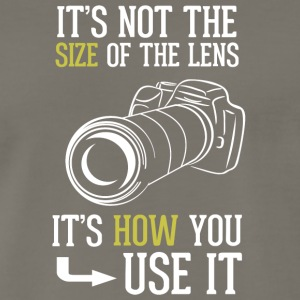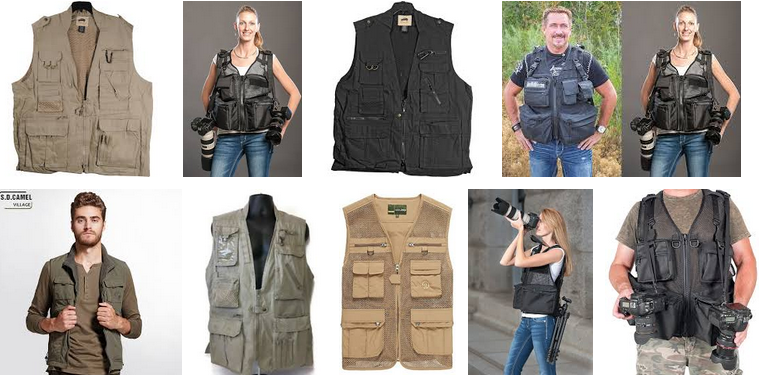My main genre of photography is portraiture at geek, fantasy and historic events where many attendees dress up (cosplay and reenactment). The attendees are often very willing to pose for pictures (TFP usually).
I'm far from the only photographer at these events and I often feel very undergeared compared to them. My camera gear is relatively small. I have a pro-level APS-C mirrorless camera (Fujifilm X-T2) usually with a prime lens on it. I often have 1 or 2 more primes in my purse. I do not have a battery grip (nor do I feel I need one). Many other photographers carry giant lenses on full frame DSLRs. Often they carry tripods and reflector screens as well. Meanwhile, I'm this petite girl with a 'tiny' camera. Some attendees have dismissed me asking for a photoshoot, and accepting a photoshoot from a guy with one of these 'big' cameras 15 seconds later. I did not run into the same issue with a borrowed Canon 5D with the 70-300mm F/4-5.6.
How can I get models (attendees) to take me more seriously as a photographer with a small camera?
I have tried:
- Upgrading to a more profesional camera (I used to have an X-A10). That helped a little. At least with some more experienced models :)
- Wearing my crew t-shirt. That helps. But I'm not crew at all events I attend as a photographer.
- Making connections with models after the shoot. They are often happy to schedule a reshoot at the next event with their new outfit.
I have considered carrying my tripod. It feels useless to carry around though. Camera shake is rarely an issue, while space to put down the tripod is.
I do not want to switch camera brands. I'm also not planning to upgrade to the larger X-H1 for the next 2 years or so (its successor probably).
Update after trying suggestions: success!
I tried various of the suggestions at Elfia last weekend, an event notorious for the amount of amateurs with expensive gear. There are also 'pro' photographers who set up a small studio in the field and 'camp' that spot. I received many more good photos than at earlier events.
I received lots of helpful advice, thanks everyone! The things that were most effective were:
- Made new, professional looking, business cards. I may not do this for money, but I am serious about this.
- Being more bold, but friendly. I kept telling myself that I am just as worthy to be there as a photographer as anyone else. I asked people to adjust poses, so the lighting would be nicer, etc.
- Showing the first (few) shot(s) and asking them if they want to try out more poses.
- Using more gear to look more pro. I decided to take a sling this time, since I would actually use that. And a flash, since I could potentially use that.
- Printing off Fuji Instax pictures. If I'm taking my 'tiny' camera, I better make use of its main advantage: straight out of the camera instant printing! If anything, they made an impression. The responses to those were absolutely worth it.
- Joke about my camera and lenses. I used a few vintage lenses for this event that produce interesting photos. "Ever been photographed with a lens older than yourself?" has been a good opener so far.
Ideas I have for future events (many thanks to the answers here):
- 'Marketing' myself around the Instax photos. I can turn my biggest weakness into a strength. The main thing will be a new version of business cards with Instax photos incorporated into the design. Perhaps I can use a clothespin to attach the photo to the card as well.
- Carrying a reflector screen. Just like the flash, it will look more 'pro', but it may be useful on bright days like last weekend too.
- Figure out which local newspapers or websites need a photographer and try and get a press pass.
More and more other photographers seem to be using mirrorless cameras as well now, which are similar size to my camera. Many photographers were carrying Sony cameras and I saw a handful Panasonic Lumix and even two other Fujifilms too. Hopefully, in time, the belief that only full-frame DSLRs are good enough will go away.



